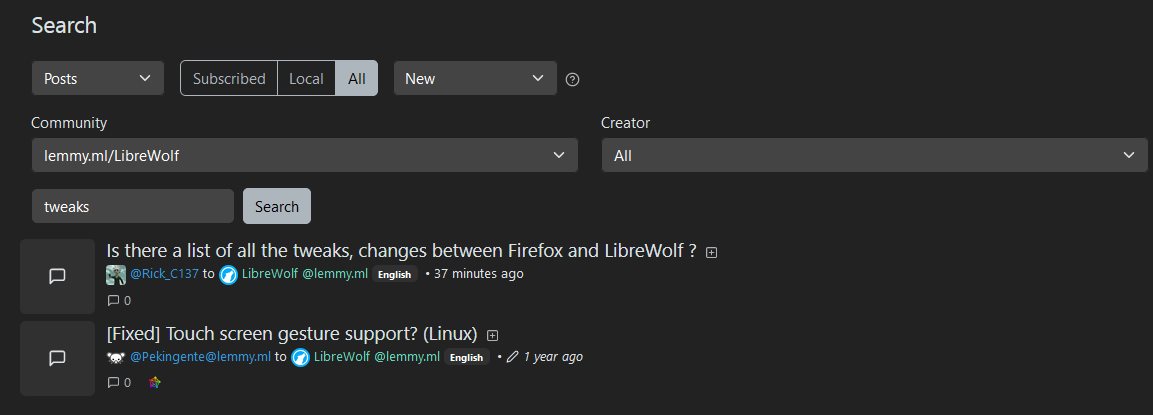@[email protected] You assumed, but no worry I'm protected ! That time I used a computer that had not of those minimal protection and OMG O_o Thanks for the link.
Rick_C137
I don't see python on your image :)
I finally manage to encrypt the body trough ptyhon-gnupg ( warning their documentation is still in alpha stage. )
now, remain to encrypt the subject (ThunderBird compatible) if you have any clues I'm all ears
When time permit I will publish my code in a pastbin.
Wubba Lubba dub-dub**
indeed, but a lot of Linux distribution come with it :)
otherwise it's installable.
instead of using a library I can directly use subprocess with gnupg but in both case it seem gnupg require to import the public key to the keyring !? I don't want that.
Thanks all for your input !
So yes /sdcard was /storage/emulated/0 and it's a real sd-card.
That was indeed formatted as FAT, I reformatted into EXT4 (from a desktop Linux)
put the SD-card back into the phone and started the phone.
Ive tried (in the phone)
su
chmod 777 /storage/emulated/0 #yes it's still mounted as emulated !
stat /storage/emulated/0
#...
#Access: (0771)
#....
So I'm still blocked... any ideas ?
Thanks.
I've found the most simple way (for my case)
adb shell 'a command'
example
adb shell ls /
Thank you all for your input.. but it seem my question is still not fully answered...
let me rephrase, I'm not looking to have a GUI to transfer files, but I would like to execute terminal command remotely (from my computer) to my android phone. Like SSH .
So I've read that I can install a SSH server on my android phone.. (If you know some's (FLOSS), I'm all ears)
Or if you know a better way than SSH I'm all ears too.
Thanks.



seem nice, but I see that the "docset" are provided by kapeli.com ... is there a way to download them outside the application ?